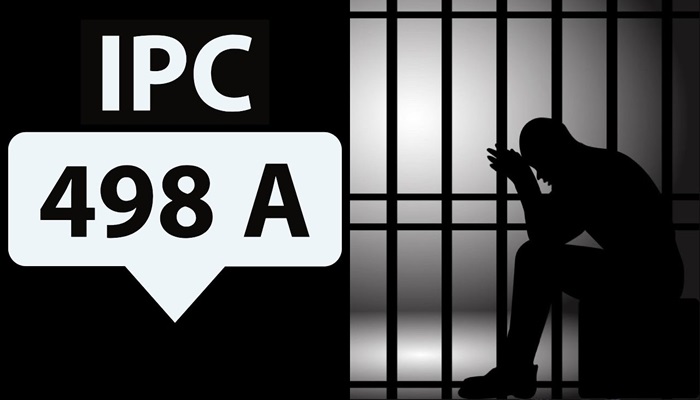Whoever, being the husband or the relative of the husband of a woman, subjects woman to cruelty shall be punished with imprisonment for a term which may extend to three years and shall also be liable to fine.
The IPC mentioned above, Section 498A, was introduced into our legal system in 1983 to address the rising cruelty towards wives by the husband or his family. The primary objective is to safeguard women from the cruelty at the hands of their husbands or relatives.
However, according to the Legal Service India research report, out of 1,11,549 cases filed, 16,151 were closed due to a false act or law mistake. Around 5520 false cases were filed to trap the husband and his family under fraudulent terms. Moreover, reports have further claimed that the number of false cases is rising at its peak.
The notion of husbands quitting their jobs in the context of 498A is usually not recommended or considered a recommended action. However, the situations created after the case filing unintentionally force the husbands to quit their jobs, as multiple case hearings and calls completely disturb their daily lives.
Should Husbands Quit Their Job During 498A?
After a case is filed under section 498A on the husband, the legal proceedings unfold, and the husband may face various legal and personal consequences. While not all individuals charged under this section choose to leave their jobs, certain situations might contribute to such a decision. It is essential to know that these situations are emotionally exhausting, and every case is unique. Here are some potential reasons why a husband might feel compelled to leave their job-
Fear of Workplace Consequences-
Individuals charged with 498A may face negative publicity associated with the case, which could impact their professional reputation. This fear sometimes turns into stress and compels husbands to leave the job.
Social Stigma-
The mere accusation of cruelty towards the wife can result in social stigma. The individuals might feel that continuing the job could expose them to judgment from colleagues, friends, and the community.
Emotional Distress and Mental Health-
The emotional stress caused by the registered case can be overwhelming; individuals may find it difficult to concentrate on the work or fulfil their professional responsibilities, leading to a decline in job performance.
Legal Proceeding consumes all the time-
Dealing with legal proceedings can be very time-consuming, and court proceedings might interfere with the regular work schedules. Due to poor time management and meetings with the lawyers, addressing the legal aspects of the case can take time and effort. Due to this, many individuals charged with these accusations often decide to leave the job.
While the intention behind the legal provision is to address the instances of cruelty and harassment against women, concerns have been raised about the possible misuse and adverse effects on the lives of those accused. Some of the cons that husbands may face in their daily lives when charged includes-
- Financial strain
- Family discord and negative impact on children
- Strained family relations
- Reputation damage
- Court proceedings
Legal Strategies: Navigating Section 498A Without Quitting Jobs
While these charges are severe, getting a clean chit if you are not at fault is slightly time-consuming. Keeping going without quitting a job can be tricky, but with the proper legal strategies, the individual facing charges can go on without leaving the job. Some of the methods include-
- Seek legal counsel
Get a professional lawyer with family and criminal law, and let their expertise guide you through the legal process. Obtain legal advice on the charges you are charged with, potential defenses, and the overall strategy. A knowledgeable attorney can counsel on the specific case and legal options that can be opted.
- Professional support
It is essential that you, as an individual, fulfill your work responsibilities diligently. Maintaining a stable work routine can help demonstrate normalcy and responsibilities. This way, you can counter the negative perceptions that may arise from the legal case.
- Financial planning
Assess the financial implications of the legal proceedings. To ensure your financial stability, it is essential to manage your finances, as some of them will be required to handle legal proceedings. Since these cases are time-consuming and court proceedings can take a long time, it is always suggested to have financial plans ready.
- Documenting evidence
Collect all the evidence that can be used in your case. It could be a text message, an email sent to you, or any document that can help you dismiss the charges.
Conclusion
Section 498A serves to protect women from any cruelty- it could be mental or physical. These charges are severe, and if found guilty, individuals face jail time of up to 3 years, and sometimes fines are also imposed. Whether the husband facing the charges should quit their job is a complex decision that requires careful consideration.
In matters like these, Individuals facing these charges are encouraged to engage in open communication and consider professional counselling to navigate the challenges presented by Section 498A. Connect with the expert legal counsellor, Monica Garkhel, to learn more!
